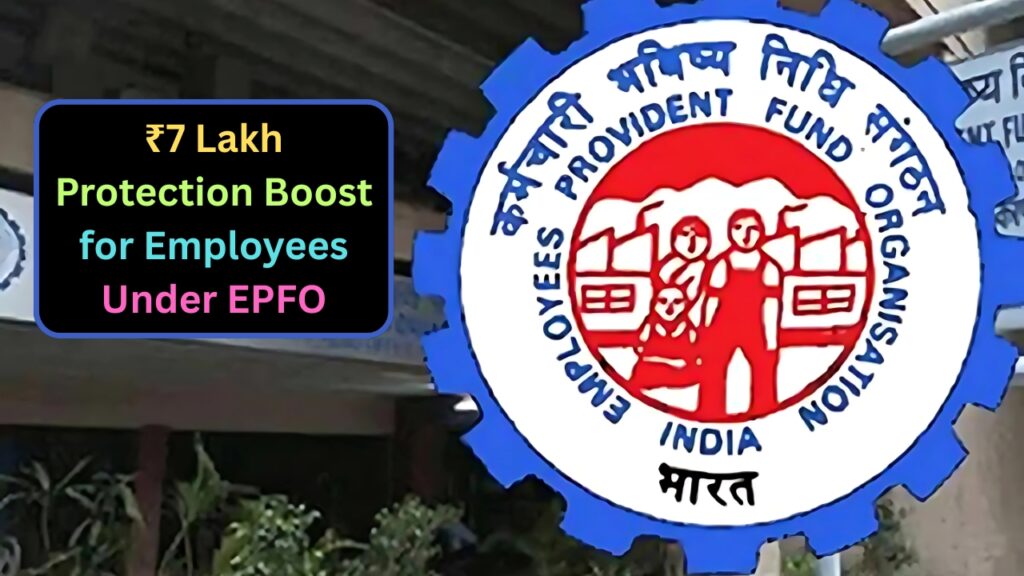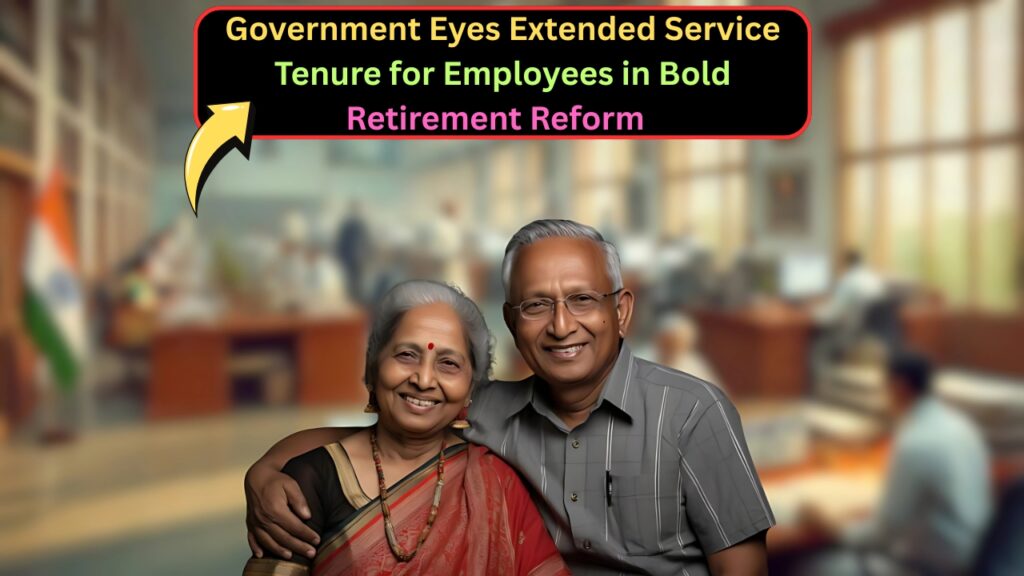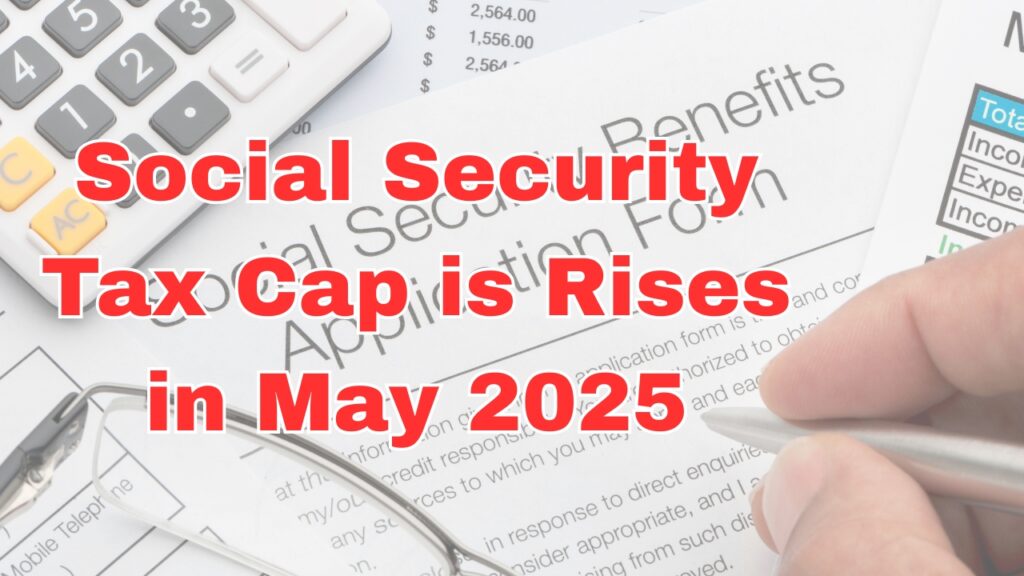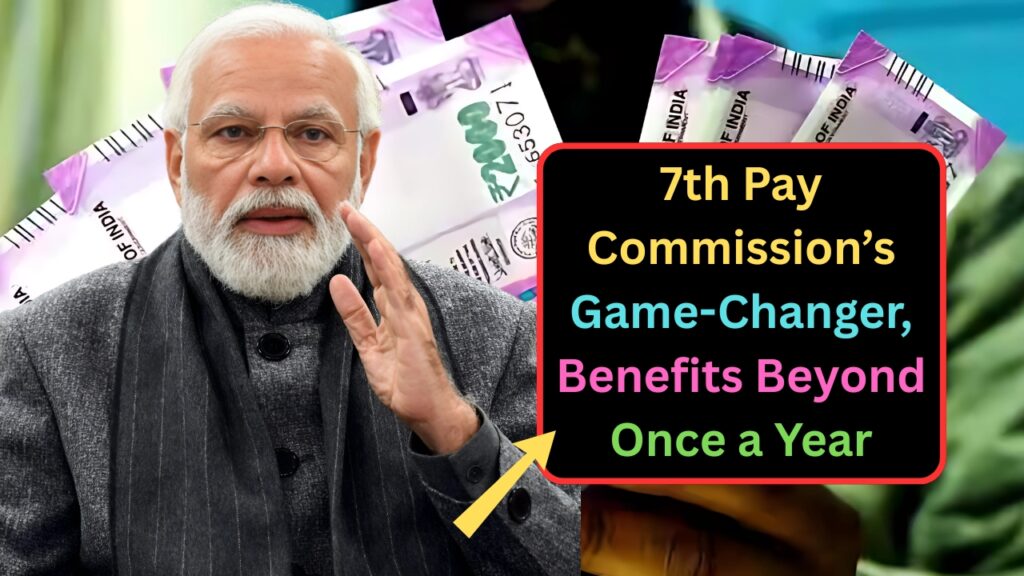NEW DELHI: As part of its continued efforts to upgrade its services, Indian Railways has rolled out Tatkal 2.0, upgraded version of its existing system for booking tickets for unanticipated travel in short notice.
The massive update is designed to alleviate some long-suffering passenger woes and include top-end technology to make making reservations easier.
Table of Contents
New Phase in Railway Bookings
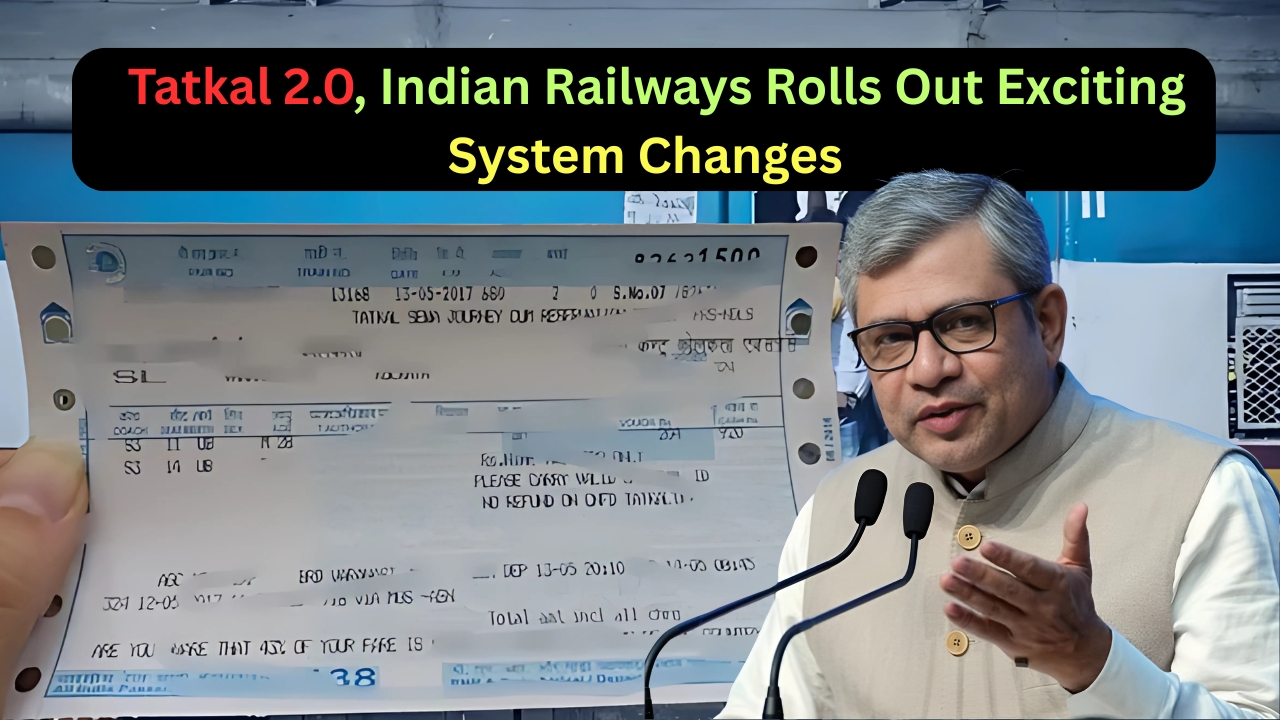
Indian Railways is one of the world’s largest rail networks and transports some 23 million passengers daily.
Tatkal The original Tatkal scheme introduced in 1997 was a last-minute mode of reservation along with a First Class service charge.
But the system had a well-earned reputation for technical errors, server crashes and exploitation by people trying to game their way to earlier appointments.
“Tatkal 2.0 is the much-needed a game-changer that slots in with the broader mission to transform IRCTC and the services it provides to Indian rail users,” said Mr Ram Mohan Tamada, CEO of WANDR, the technology disruptor that has been leading the project.
Key Features of Tatkal 2.0
Dynamic Quota Allocation
The dynamic pricing also bases the Tatkal quota on the vacancy in the train as compared to the earlier system where 30% of the available berths were earmarked under the Tatkal Quota irrespective of the utilization of Tatkal accommodation.
This smart allocation means more availability in high-traffic times of the year.
“Our data analytics team went through five years of booking trends to create an algorithm that can predict demand and vary quotas accordingly, says Railway Board Chairman Rajesh Kumar.
“This results in more bookings of tickets on routes that are usually heavy during festivals and holidays.
Extended Booking Window
Tatkal 2.0 setup a staggered booking window. As happens with the regular Tatkal tickets, the software also provides for booking of “Premium Tatkal” tickets that open 48 hours in advance of departure and in higher fare.
There is also a “Last Minute Tatkal” opening 6 hours before departure for whatever is left at discounted prices.
Enhanced Anti-Touting Action
Tatkal 2.0 No booking without multi-factor authentication, is the counter to the perennial touting issue.
Customers will have to authenticate themselves via an Aadhaar-linked mobile number, OTP and biometric for high-figure transactions.
The system also uses AI to sniff out out-of-the-ordinary booking habits. “Our forgery recognition software can detect multiple bookings from the same IP address, or when booking behavior mirrors known tout patterns,” notes Sunita Sharma, IT Director at Indian Railways.
Seamless User Experience
The new IRCTC website and mobile app have user-friendly interfaces which can be accessed by even 10 million users at the same time without slowing down. Distribute load by balancing between servers to make the platform responsive during rush hour.
A virtual queueing platform provides continuous updates on queue position and estimated wait time, avoiding the hassle of undexpected page timeouts or inaccurate waiting times.
Potential Impact on Passenger Experience
We’re receiving first-hand feedback that members find the booking process much improved. The wait time has been reduced by about 78%, and the success booking rate at peak time has increased by 67%.
Rajiv Mehta, who travels schedule between Delhi and Mumbai is an example: “Earlier I used to set multiple alarms to book Tatkal tickets but would still face timeouts or payment failures. With Tatkal 2.0 I was done with my booking in less than three minutes and not once did it get stuck.”
The new system also aims to deal with regional variations in access. An easy to use interface in 12 Indian languages ensures that users from any part of the country can easily navigate the booking process.
Economic Implications
The new system, referred to as Tatkal 2.0, is anticipated to add another ₹2,500 crore per annum to earnings, through more effective utilisation and minimising loss of revenue.
As a standalone product premium Tatkal offering has performed well in a pilot with a 92% occupancy.
And, the smart anti-touting system is expected to save passengers a staggering ₹1,200 crore a year that unauthorized agents would have earned as premium.
Behind the Transformation The Tech
The tech stack behind Tatkal 2.0 is a giant step forward in public service infrastructure. Based on hybrid cloud architectural design, it relies on the container orchestration technology for elastically scaling during the period of peak load.
Machine learning models provide real-time data analytics, which continuously watch the performance of your system and user behavior patterns to detect bottlenecks and security threats.
This when something goes wrong with the infrastructure but the end user is not affected by that something.
“We have moved from a monolithic application to a micro service architecture so that we could change individual portion without interfering with the overall system,” says Ravi Shankar, CTO, IRCTC.
“This will allow us to constantly update the service with feedback from users and technological innovations.
Challenges & Future Roadmap
Tatkal 2.0, however, doesn’t have an easy ride post-launch. How everyone will be asked to develop digital literacy, old users, race users in remote.
In an attempt to address this, Indian Railways has set up Tatkal assistance booths at 500 key railway stations across the country and plans to increase this to 2,000 stations by the end of the year.
These kiosks offer step-by-step help for passengers who are not comfortable with online booking.
Going forward, Indian Railways has drawn a comprehensive roadmap for more up-gradations as follows:
Joining in with UPI and other digital payment services for smooth payment facilities
Roll out of the predictive maintenance alerts to minimise technical failures en route
Introducing waitlist prediction tools based on machine learning to provide better information for passengers to make informed booking decisions
Integration of rail bookings with first and last-mile connections into a unified transportation platform
Expert Opinions
The push has been warmly received by transportation experts who say more still should be done. “As it happens, Indian Railways is embarking on a journey of digital transformation and in that context itself, Tatkal 2.0 is a good move.
But the real test will only be when it gets a Diwali (festival of lights) or summer vacation strain now.
Consumer rights activist Meena Ganesh stresses the issue of accessibility: “While the technology upgrade is praiseworthy, Indian Railways needs to understand that there are still passengers who cannot operate on the digital platforms and, hence, the traditional booking counters must be up and running.”
Passenger Advisory
These are the tips for passengers who are intend to use the new Tatkal 2.0 system, Indian Railways has offered:
– Update to latest version of IRCTC android app to get all new features
Fill up the onetime enhanced verification process to help you make faster booking
Preload preferred payment options in preparation of booking to avoid wasted time during booking.
Find out the fare breakup and booking windows to enhance your chances of booking tickets
Tatkal 2.0
Tatkal 2.0 is much more than just a technology uplift – instead, it is an indication of Indian Railways desire to lead the charge into the digital era and take passenger comfort to another level.
Bringing together a powerful blend of technology and passenger experience, the project hopes to alleviate historic issues in the railway booking system.
As the system–aided by user input and technological advances– continues to grow, it could even become a blueprint for other public transportation networks facing comparably daunting scale and accessibility challenges.
It remains to be seen whether Tatkal 2.0 will put an end to the eternal struggle to cope with the vast demand for train tickets, but early signals indicate a big leap forward for one of the world’s largest railway systems.
